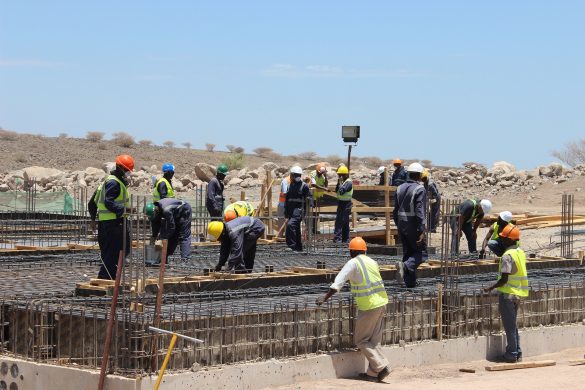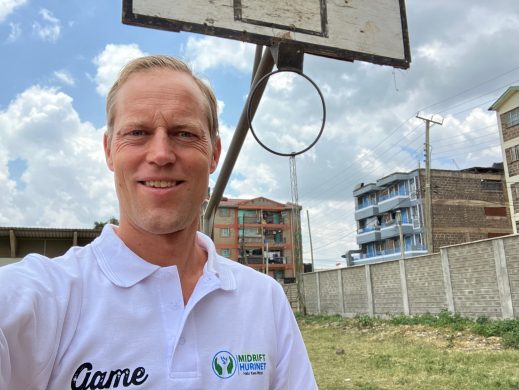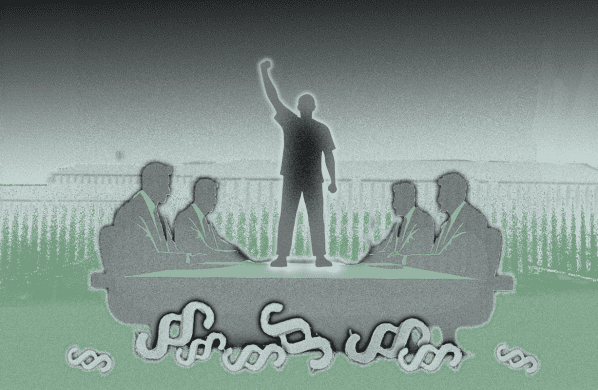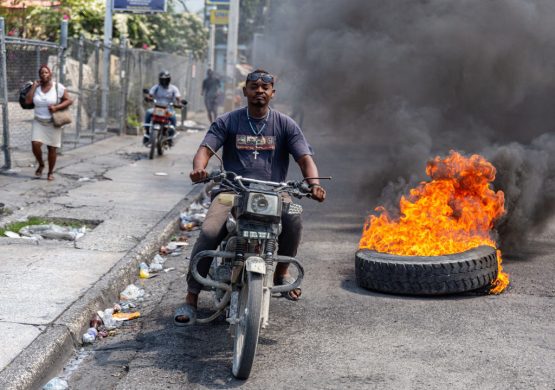Kapitel 1: Storm ahead for Vestas as giant Kenyan wind power project is in court
As wind turbines begin to arrive in Kenya by the hundreds, a court case about illegal land acquisition in Northern Kenya drags on between nomadic tribes, an international consortium and the government, while tensions are on the rise in local communities. Danwatch visited Northern Kenya to get a closer look at the impacts of Kenya’s largest-ever private investment.
The room was filled to capacity as traditional nomads, lawyers and representatives met at the Land and Environment Court in Meru, March 9. Once again, Judge Peter Njoroge announced a postponement of his decision in a dispute about alleged illegal land acquisition between representatives from local communities and an international million-euro consortium, Lake Turkana Wind Power project. A high profile case which may have serious long-term consequences for Kenya.
The Lake Turkana Wind Power project represents a revolution for renewable energy in Kenya – but in its home region in Northern Kenya, the project is facing obstacles. First of all, the legality of how the consortium acquired the land in 2006/2007 is questioned, second the project has now caused inter-tribal conflicts, and finally, critique of the power purchase agreement (PPA) with the government has been raised. Lake Turkana Wind Power project is Kenya’s biggest private investment ever at a value of approximately 620 million euros. Electricity from the turbines will increase Kenya’s energy output by between 15-20%, and according to the project’s own calculations, the turbines will bring electricity to 2,5 million additional Kenyans.
Since its inception in 2006, the consortium has leased 150,000 acres of land and resettled a small village, Sarima, in order to build a road and set up 365 wind turbines alongside the windy shores of Lake Turkana.
In 2014, the project faced headwind when residents from Laisamis Constituency and Karare Ward filed a lawsuit, not only against Lake Turkana Wind Power project, but also the county government, the National Government and the National Land Commission for illegal land acquisition.
Læs hele artiklen hos Danwatch














